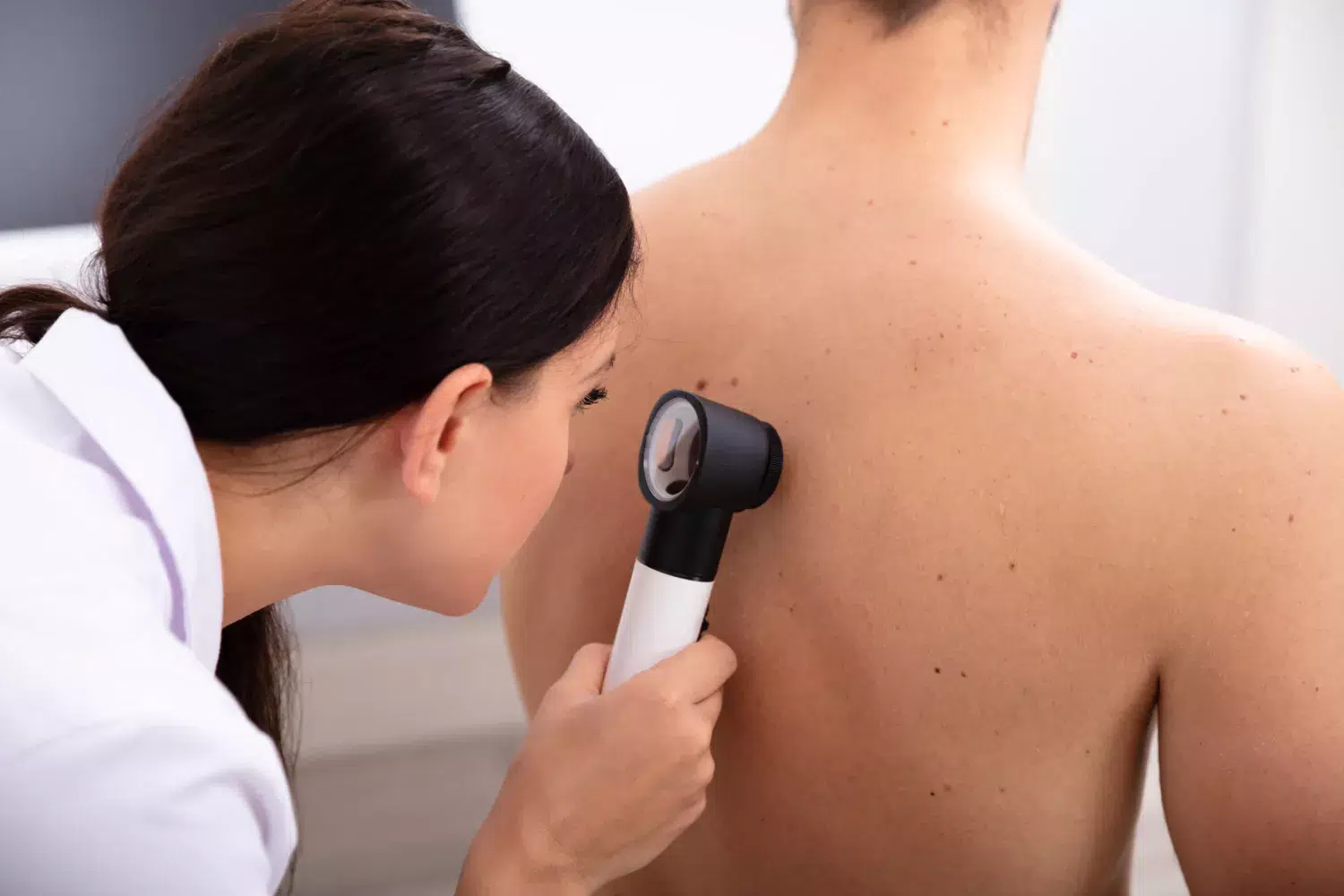Assessment of Learning
"The curriculum tells you what the faculty are doing. The examination system tells you what the students are doing." (David Boud)
Basic concepts in assessment of learning
Basic concepts
Assessing students' learning is crucial for educators, learners, accrediting bodies, and society.
Constructive alignment and assessment criteria
Assessment criteria and rubrics play a crucial role in achieving constructive alignment for teachers. By explicitly linking learning outcomes with assessment criteria, educators ensure that assessments accurately measure what students are expected to learn.
Legal and ethical aspects of assessment
Assessing competence in different domains
 Photo: Getty Images
Photo: Getty ImagesHow to assess knowledge?
As a medical teacher, equipping your students with robust knowledge is paramount. But how do you truly gauge their understanding, application, and synthesis of this crucial information?
 Photo: Getty Images
Photo: Getty ImagesHow to assess clinical skills?
Beyond written tests, medical education demands assessing students' practical abilities.
 Photo: Getty Images
Photo: Getty ImagesHow to assess professionalism?
In the last decade, assessing professionalism in health professional education has become increasingly explicit. Regulatory and accreditation bodies now require that professionalism is both taught and assessed during training.
Using virtual patients to assess clinical reasoning
Virtual patients are computer-based simulations of real-life clinical scenarios. They allow students to interact with a digital patient, gather information, make diagnoses, and decide on treatment plans.
Tools, services and courses that help you assess better
Digital tools available at KI for your summative assessment
Here you can find more information about organizing your written and oral examinations digitally and remotely
Digitalise formative assessments during the course
Here you can find available tools that help you detect students' learning gaps.
Related courses at KI, KTH and SU
More advanced topics
Programmatic assessment
Programmatic assessment should be a comprehensive approach to crafting an assessment program, aiming to enhance its roles in facilitating learning, making informed decisions, and ensuring the quality of the curriculum.
Equitable and inclusive assessment
How to make our assessments fair and inclusive so that all students have an equal opportunity to succeed?
Post exam analysis
As a medical teacher, setting standards in student assessment is crucial. Ensure fairness and validity by considering various factors like difficulty level and student performance trends.
